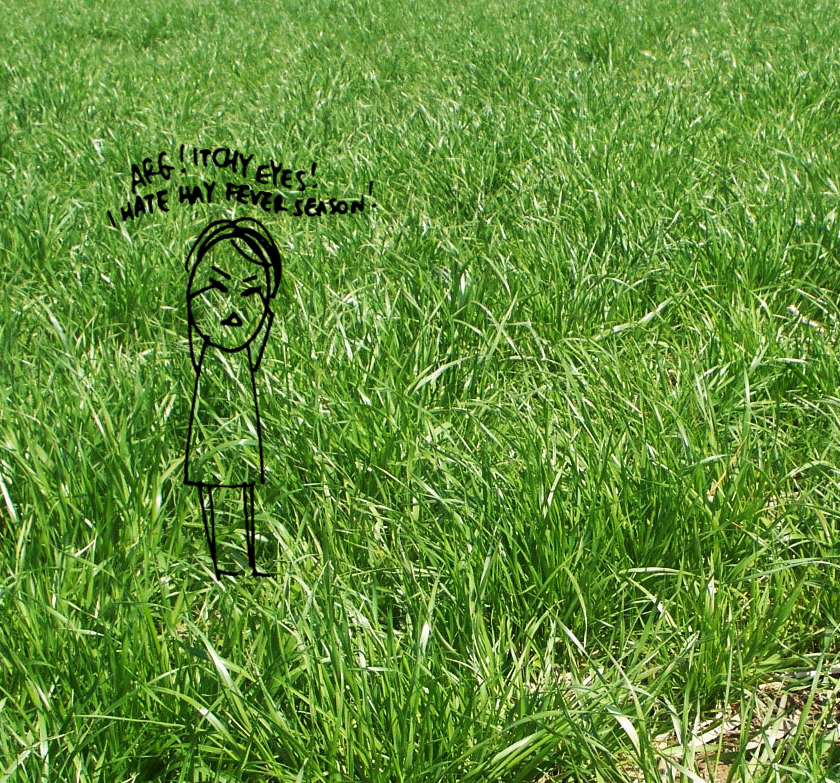
Acupuncture and Chinese herbal medicine have been shown to alleviate the symptoms of seasonal allergic rhinitis – better known to sufferers as hayfever. (1,2)
Another study has shown that acupuncture reduces the antihistamine use of hayfever sufferers.(3)
We realise that most people will just pop an OTC antihistamine for their hayfever, but don’t take them all spring and summer. Long-term antihistamine use is associated with obesity and insulin resistance.(4)
One of the herbs we often use is 辛荑 xin yi, or magnolia flowers
- Xue CC, Zhang AL, Zhang CS, DaCosta C, Story DF, Thien FC. Acupuncture for seasonal allergic rhinitis: a randomized controlled trial. Ann Allergy Asthma Immunol. 2015 Oct;115(4):317-324.e1. doi: 10.1016/j.anai.2015.05.017. Epub 2015 Jun 11. PMID: 26073163. Link.
- Xue CC, Thien FC, Zhang JJ, Da Costa C, Li CG. Treatment for seasonal allergic rhinitis by Chinese herbal medicine: a randomized placebo controlled trial. Altern Ther Health Med. 2003 Sep-Oct;9(5):80-7. PMID: 14526714.Link.
- Adam D, Grabenhenrich L, Ortiz M, Binting S, Reinhold T, Brinkhaus B. Impact of acupuncture on antihistamine use in patients suffering seasonal allergic rhinitis: secondary analysis of results from a randomised controlled trial. Acupunct Med. 2018 Jun;36(3):139-145. doi: 10.1136/acupmed-2017-011382. Epub 2018 Feb 10. PMID: 29440045; PMCID: PMC6029641.Link.
- Ratliff, J.C., Barber, J.A., Palmese, L.B., Reutenauer, E.L. and Tek, C. (2010), Association of Prescription H1 Antihistamine Use With Obesity: Results From the National Health and Nutrition Examination Survey. Obesity, 18: 2398-2400. doi:10.1038/oby.2010.176 Link.